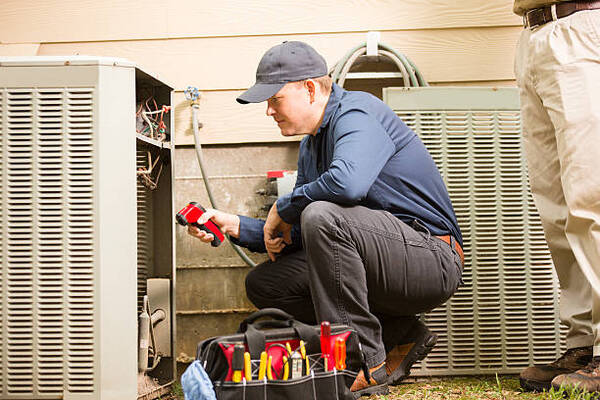- 1-905-452-8193
- Contact Us
- Member Login
- Get Listed Today
- 220,911 members

As a homeowner, you want your home to be comfortable all year round. Unfortunately, HVAC systems can break down when you least expect it. When this happens, you need to know how to troubleshoot the problem so you can get your system up and running again as quickly as possible before calling an Air conditioning Canberra technician.
It can be a real pain if your cooling system at home is not functioning properly. Not only will it be uncomfortable for you and your family, but it can also be expensive to fix. That's why it's important to know some basic troubleshooting tips that can help you identify the problem and get it fixed quickly, or at least patch it until a professional can fix it.
Whether you're dealing with a minor issue or a major repair, make use of this guide when your HVAC system isn't working as it should.
Noisy Air Conditioner
If your air conditioner is making strange noises, it could be due to a loose part or low refrigerant levels. First, check to see if any of the parts are loose. If they are, tighten them up. Next, check the refrigerant levels and add more if necessary.
Thermostat Not Working Properly
If your thermostat isn't working properly, it could be due to a loose wire or a dead battery. First, check the wires and make sure they're all connected securely. Next, replace the batteries in the thermostat. If that doesn't fix the problem, you may need to replace the thermostat itself.
Blocked Airflow
If something is blocking the airflow to your HVAC system, it could be causing a variety of problems. First, check to see if anything is blocking the vents or registers. Next, check for any blockages in the ductwork. Finally, make sure nothing is blocking the outdoor unit of your air conditioner or heat pump.
Dirty Air Filter
A dirty air filter can cause a variety of problems, including decreased airflow and increased energy costs. To avoid these problems, it's important to regularly clean or replace your air filter.
Clogged Drain Line
If your air conditioner or heat pump has a clogged drain line, it can cause water damage to your home. To avoid this problem, regularly clean the drain line and make sure it's free of any debris.
Frozen Evaporator Coil
If your evaporator coil is frozen, it can cause a variety of problems, including decreased airflow and increased energy costs. To prevent this problem, make sure the air filter is clean and the vents are not blocked. Additionally, you may need to adjust the thermostat to a higher temperature.
Leaking Refrigerant
If your air conditioner is leaking refrigerant, it could be due to a hole in the refrigerant line. To fix this problem, you'll need to have the line repaired by a professional.
Faulty Compressor
If your air conditioner or heat pump has a faulty compressor, it will need to be replaced by a professional.
Damaged Ductwork
If your ductwork is damaged, it can cause a variety of problems, including decreased airflow and increased energy costs. To prevent these problems, it's important to regularly inspect your ductwork and make sure it's free of any holes or leaks. Additionally, you may need to have the ductwork professionally cleaned.
Worn-Out Fan Belt
If the fan belt on your air conditioner or heat pump is worn out, it can cause a variety of problems, including decreased airflow and increased energy costs. To prevent these problems, it's important to regularly inspect the fan belt and replace it if it's worn out.
Loose Electrical Connection
If an electrical connection is loose, it can cause a variety of problems, including decreased airflow and increased energy costs. To prevent these problems, it's important to regularly inspect the electrical connections and make sure they're tight. Additionally, you may need to have the connections professionally repaired or replaced.
By following these simple tips, you can troubleshoot the most common HVAC problems. If you're still having trouble, it's important to call a professional for help. They can diagnose the problem and get your system up and running again in no time.
